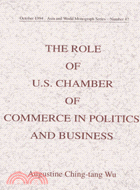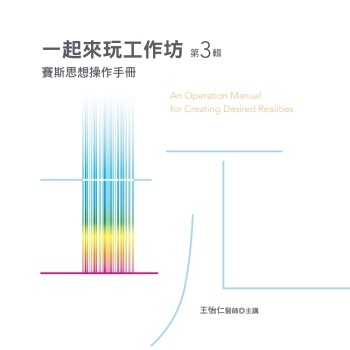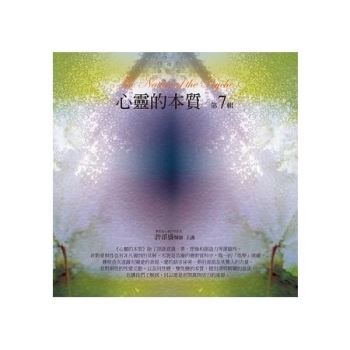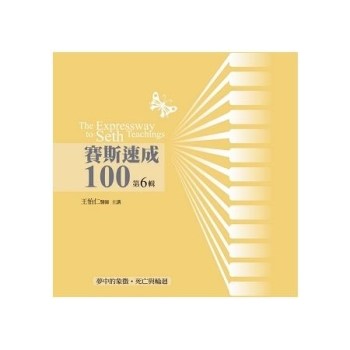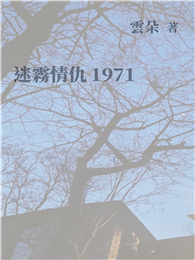圖書簡介Since ancient times the Chinese have held the merchant class in low esteem. But with the spread of democracy in modern times comes an increase in the importance of the business community. The role of the business community, particularly in shaping legislation and affecting the activities of the agencies which regulate commerce, is likely to continue, and even increase. There are healthy aspects of this partnership between business and politics which can lead to increased productivity and social progress. There are also unhealthy aspects which can lead to distortions of the democratic process. The U.S. Chamber of Commerce, through which American business communities conduct their political activities, can serve as a healthy model for the Republic of China on Taiwan.
From small businesses in small towns to the biggest corporations, from town councils to the national government, the U.S. Chamber of Commerce is the vehicle through which open debates are conducted and business problems discussed. The role of the business community in politics is not simply a question of money. But when open discussions result in well conceived plans with broad-based, well-organized support, everybody profits.
This book, on the role of the U.S. Chambers of Commerce, is based on a Ph.D. dissertation done in 1982 for Lincoln University. From 1979 to 1982, I was the first Director of the Liaison Center of the General Chamber of Commerce in the U.S.A. I visited many chambers, in many states, at both the local and national levels. I also spent six years as Deputy Director General of the Board of Foreign Trade in the Ministry of Economic Affairs, and two and a half years as Director General of the Department of Commerce in the Ministry of Economic Affairs. In addition, I led special purchase missions for our government to purchase American goods in the U.S.A. I have met countless American business leaders and political figures. I have studied the ties between business and politics from both sides. I think there is a good deal to be learned from the way American businessmen coordinate their political activities through the chambers of commerce.
I would like to express my special thanks to Dr. Luke Chang, Dr. Carren Kaston, Dr. Wou Wei, Mr. Frank C.P. Huang, and all the individuals who helped me in my travels and visits to the chambers of commerce across the United States. ~~~ Augustine Ching-tang Wu
